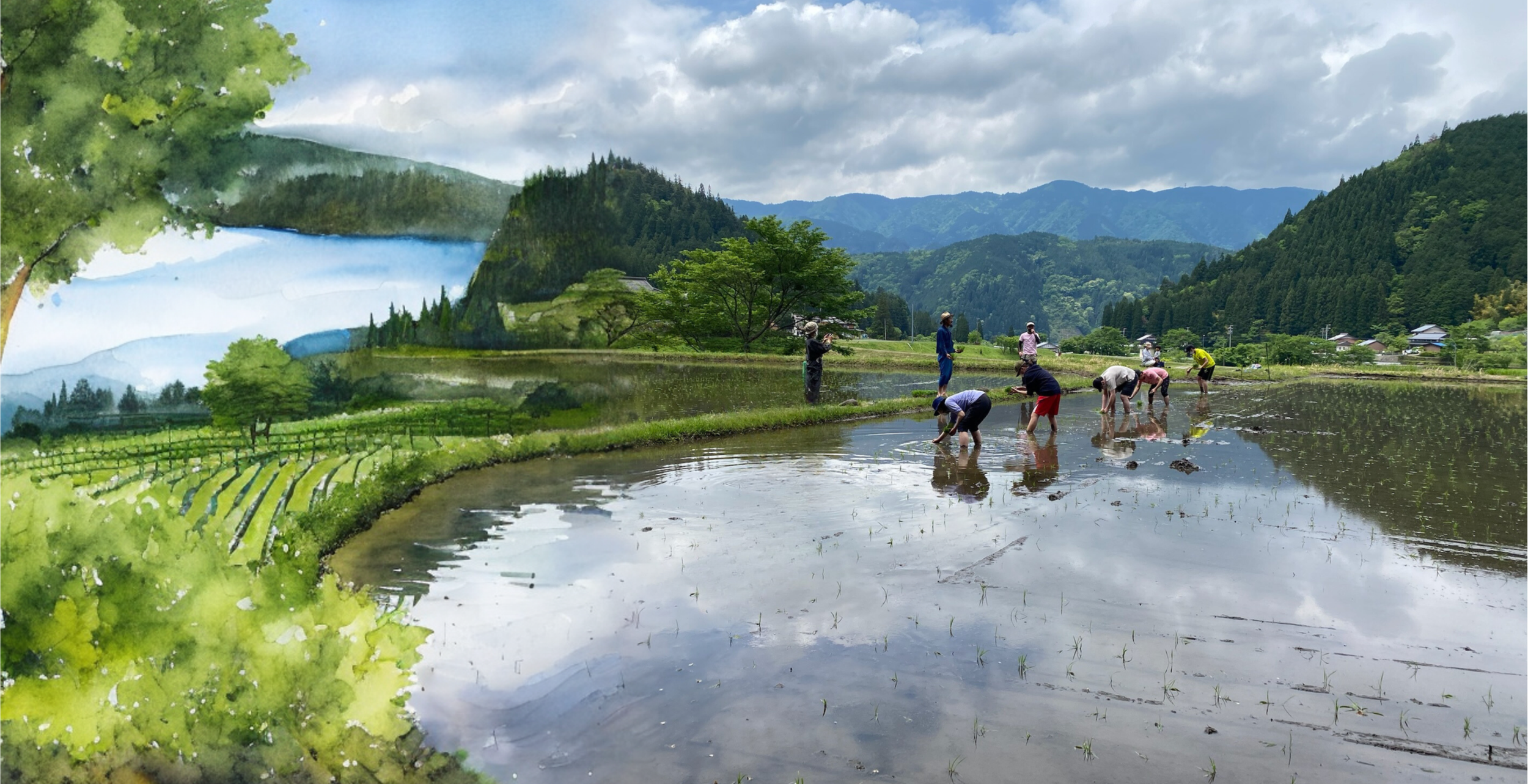
Mantis 21 (Summer 2023)
Poetry from Ukraine
Poetry from Ukraine
There is a moment in Chernobyl, Craig Mazin’s miniseries about the 1986 nuclear disaster, when the Soviet apparatchik in charge of the clean-up, Boris Shcherbina, orders the pilot of his helicopter to fly over the exploded reactor to survey the damage. “What we can’t see we don’t know,” he growls. “Get us over that building, or I’ll have you shot!” Seeing it is useless to point out the glow of radiation above the smoking rubble, Valery Legasov, the physicist appointed to assist Shcherbina, flings himself into the cockpit: “If you fly directly over that core, I promise you, by tomorrow morning you’ll be begging for that bullet!” Not long after they watch from the ground as another helicopter, hovering to pour boron and sand over the core, silently disassembles and crumbles like dust in mid-air.
What we can’t see we don’t know. One would be hard-pressed to miss the resonance with the months leading up to the invasion of Ukraine in February 2022: resonance with Russia’s absurdist denial of what has long been there for everyone to see (just last week Putin’s foreign minister, Sergey Lavrov, was almost laughed off the stage at the G20, when he called the invasion a “war which we are trying to stop, which was launched against us”) and with the appalling persistence of that denial in the face of its consequences, whose tragic scale we truly might never know. At the same time, Shcherbina’s words also lift a hard mirror to years of minimizing and indifference on the part of Ukraine’s allies, who looked on while fighting raged along its eastern border since the ousting of Viktor Yanukovitch in 2014. As though we really didn’t know, until disaster finally forced us all to see.
In direct contrast with such wishful blindness, the contributions gathered in this section remind us that poetry subsists first and foremost on the resolve not only to see and to know, but to speak up in the face of violence and condescension. In a series of snapshots from her journey back to the Chernobyl Exclusion Zone thirty-three years after the explosion, Natalia Beltchenko balances an unflinching stare at the desolation of history (“Nothing is in the Zone”) with all the lyrical energy necessary to see beyond it (“Exhaling the Chernobyl air— / A bird’s song is heard”). Similarly, Katerina Kalytko pulls off the astonishing feat of pitching a loving, heartbreaking paean to the note of defiance that has become synonymous with the very name of her country around the world (“Good morning, greedy lord of carnage, / feeder of dogs, / piecemeal, I’ve approached you”).
These are powerful words to fling into the cockpit, and I trust they will find readers ready and eager to listen to them. I am deeply grateful to Amelia Glaser and Yuliya Ilchuk, who worked with the poets to select these texts and translate them into English, for the opportunity to bring them to Mantis. I can hardly think of a better way to honor the journal’s commitment to poetry as a voice for all the most difficult things: bravery, sanity, and therein truth and justice. Things we can’t always see, and without which we’d all crumble like silent dust into the air.
